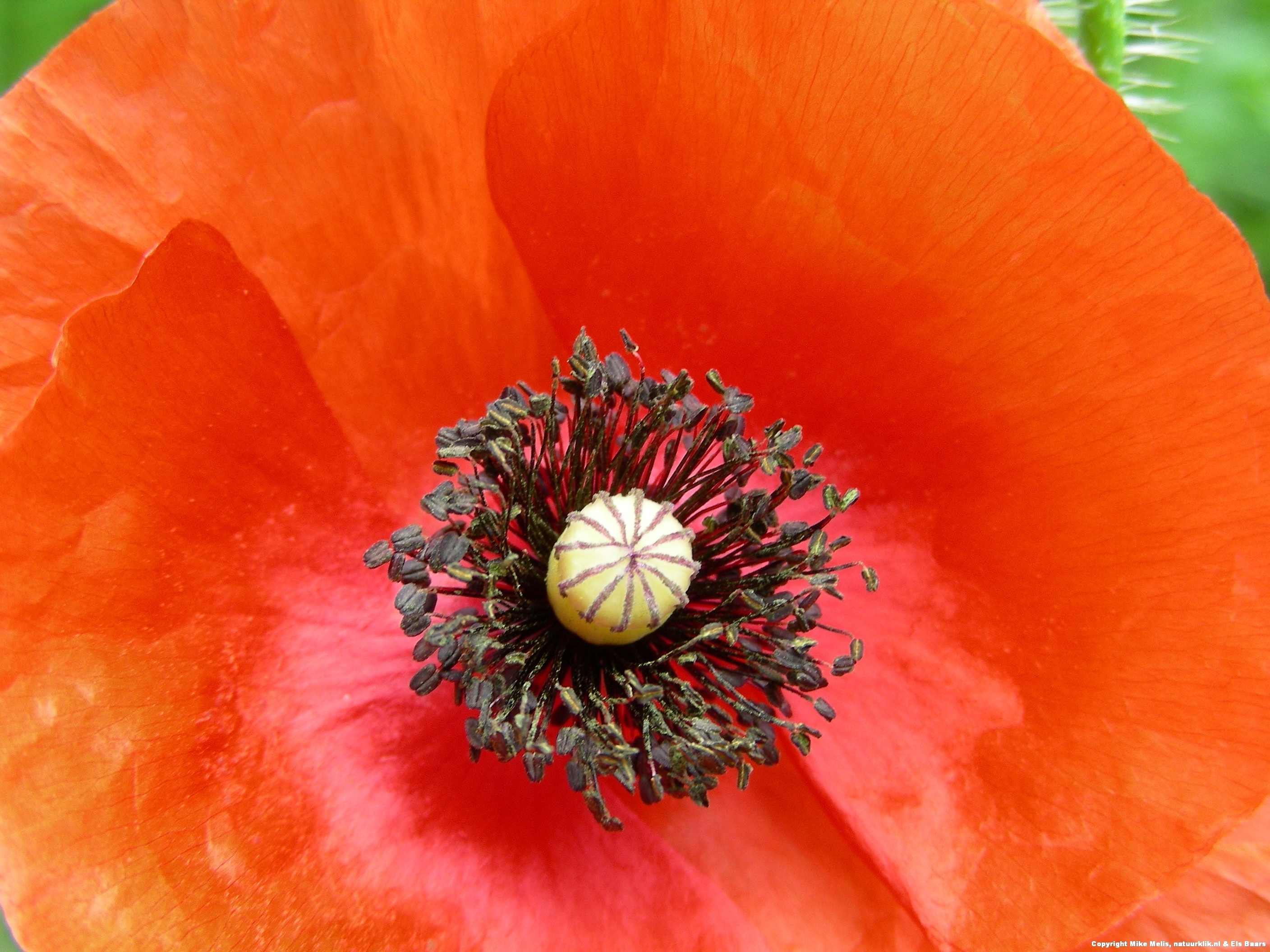In many stories about the war mention is often made of an extraordinary phenomenon. Namely, in the summer following a war a sea of red flowers appears on the battle field. After the First World War the fields where millions of victims had fallen during the terrible trench warfare turned red. It is said that in each poppy resides the soul of a dead soldier. Listen now to my story about this unusual flower:
Petunia was a midwife who stood by women in childbirth both by day or in the depths of the night, if need be. Her services covered a wide area and everywhere she came she was held in esteem for her quiet presence and wisdom and was known for this reason as Petunia the Wise.
One night she was helping with the birth of a baby that was very premature. The new born, hardly much bigger than a man’s hand, opened his eyes for just a moment before he returned to the spirit world. But Petunia had read the message in the baby’s eyes. So she was not at all surprised that she came across the love of her life on her way home: the handsome Philip Pop. It was love at first sight and they spent a time of most intense happiness together. She called him ‘my prince’; he gave her the nickname ‘my Sweet Pea’. But sadly their happiness was only to last a short while: seven months later Philip left his Sweet Pea, promising to love her forever. Officer Pop left for the trenches of the First World War. He never returned. At the end of the war Petunia travelled with her small daughter Rosa to the village where Philip, the girl’s father, had met his end. Petunia looked around in surprise. She noticed that the fields where the soldiers had spent years in the muddy trenches and had given their lives were coloured red. The fields were glowing red from the bright red flowers with a black heart. It was as if they had sucked up the blood and suffering of the dead soldiers. Petunia realized that Philip had not forgotten her and continued to profess his love for her through this generous bouquet of bright red flowers. These large single roses which only shine for one day bore the colour of the blood that Philip had shed in the warring between the European countries. The heart of the flower had been burnt black: black as the earth which had been devastated by war; black as the sadness in the hearts of those grieving for the loss of their loved ones.
The daughter of Philip and Petunia skipped over the fields. She picked a large bunch of flowers and gave them to her mother.
“Mummy, why are you crying?” she asked.
Petunia answered, “Rosa darling, these flowers are a message of love from your father, my beloved Philip Pop, to you and me. Your daddy called me his Sweet Pea. You are the living proof of the love he and I shared. To remind you of this love forever, I will call the flower ‘Poppy’.
0-0-0-0-0-0-0-0-0-0-0-0
The only things still growing around the trenches of the no-man’s-land in Belgium were the poppies, like drops of blood on the battlefield. That is the reason why they became the symbol of the First World War. On 11 November America, England and Canada hold their annual Remembrance Day, commonly known as ‘ Poppy Day’ when people wear a plastic poppy pinned to their lapels. In Belgium they put poppies on the war graves. The sales from these flowers were used to support the families of war victims. The poppy or papaver used to grow profusely together with cornflowers in the fields of grain. The advent of pesticides and artificial fertilizers has severely reduced this abundance. Poppies now grow mainly in freshly turned soil. We often see masses of poppies flowering though on railway and motorway embankments and on building and industrial sites.

